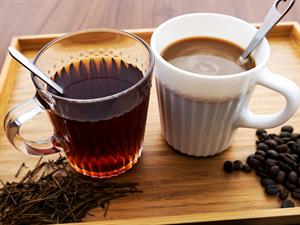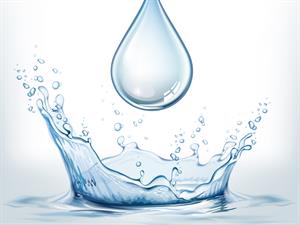
PUMPA - SMART LEARNING
எங்கள் ஆசிரியர்களுடன் 1-ஆன்-1 ஆலோசனை நேரத்தைப் பெறுங்கள். டாப்பர் ஆவதற்கு நாங்கள் பயிற்சி அளிப்போம்
Book Free DemoWhen two substances (reactants) are mixed in solution form, a chemical reaction occurs, resulting in the formation of new substances (products).
Do you like a coffee? What is the process involved in making coffee?
When milk is combined with coffee decoction, the colour of the milk and decoction changes due to a chemical reaction. After that, you can add just the right amount of sugar to make it delicious.

Note: If the milk powder and coffee powder are mixed in their solid-state, there will be no reaction that takes place. So it proves that some chemical changes take place when the reactants are in their liquid state.
Example:
Let us move on with the second example:
Case 1: In a test tube, combine a small volume of solid silver nitrate and sodium chloride.
Observation: There will be no change that takes place.
Result: It is because in solid-state, these reactants have no reactions.
Case 2: Take one test tubes with a small volume of solid silver nitrate and another with sodium chloride. Now dissolve these reactants in water separately in their test tubes respectively.
Observation: Let us now mix both the solutions. We can observe that silver nitrate solution reacts with sodium chloride solution to form a white precipitate.
Result: Chemical reaction takes place with the formation of a new substances.

From the above reaction we can conclude that certain chemical reactions take place only in solution and not in solid form.